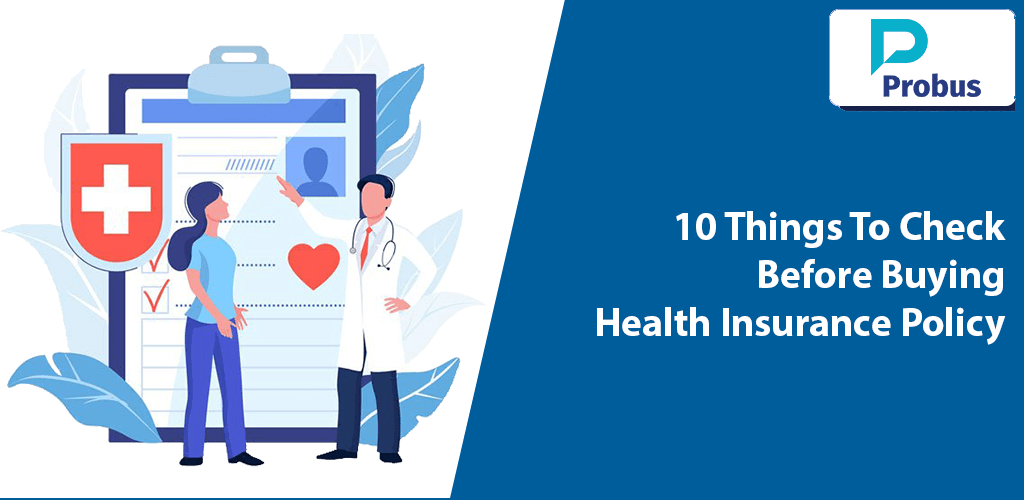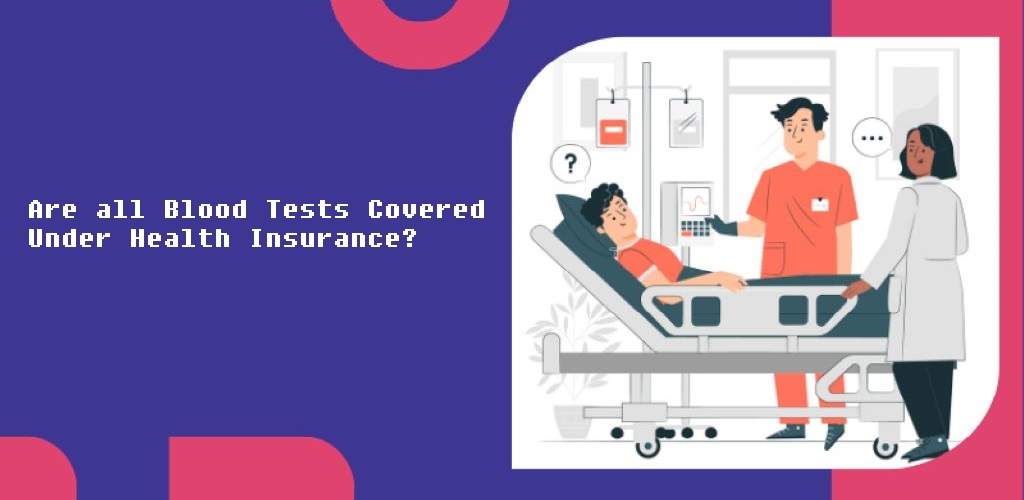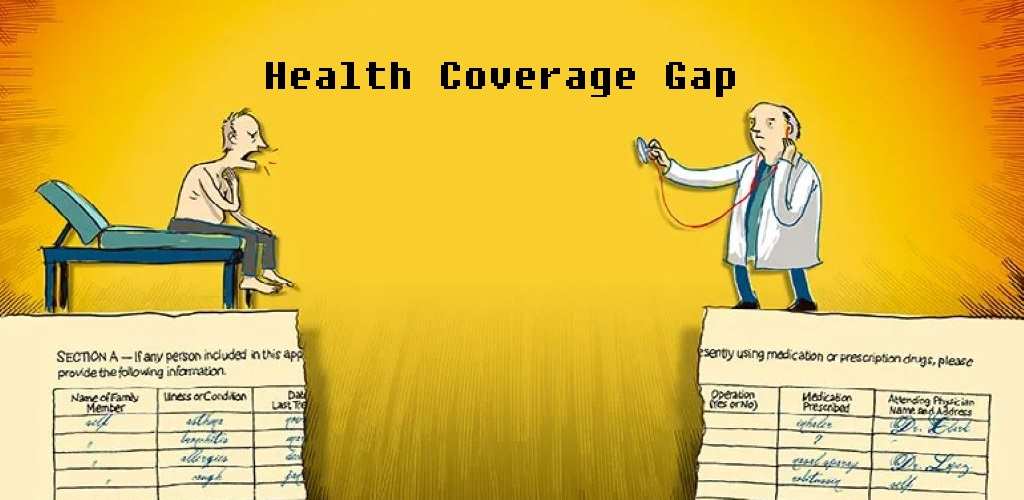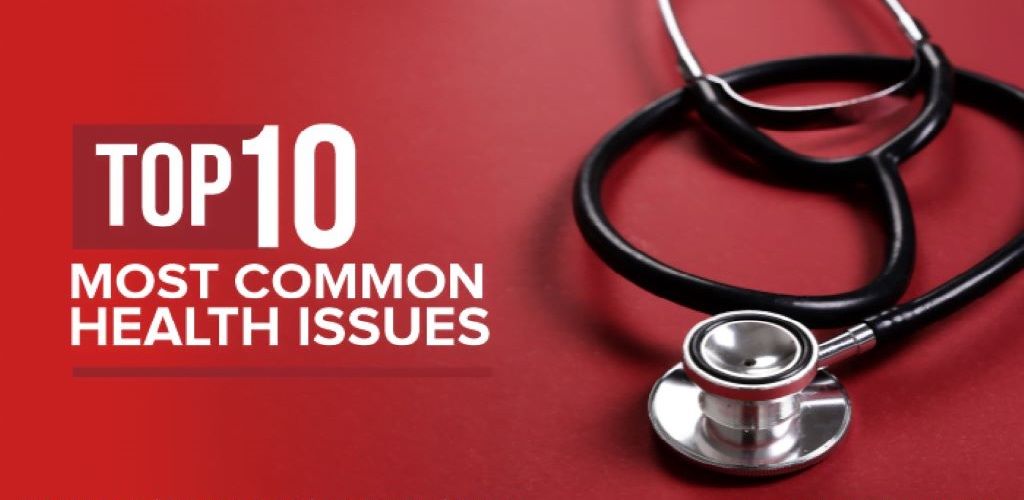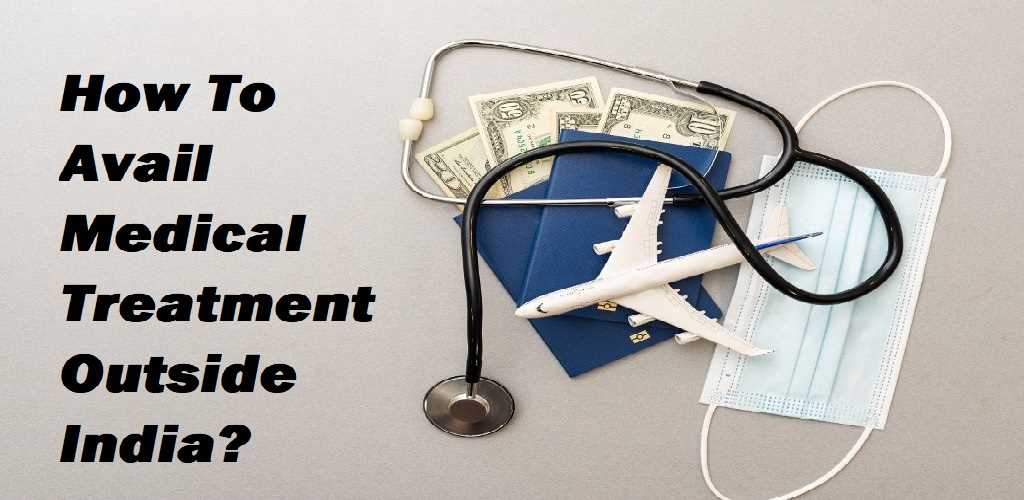With the increasing cost of healthcare in India, buying a health insurance policy is of utmost importance. Since there are so many options available, choosing one that properly meets your insurance needs can be a difficult endeavor.
But is it really necessary to purchase insurance at the moment you discover you need it?
Instead of waiting until the last minute to purchase insurance, be ready with enough coverage to guarantee a smooth ride through the medical emergency. While buying health insurance is a tough choice, there are a few factors you should consider when zeroing down on a plan. Below are the 10 things to consider before purchasing health insurance:
1. Don’t Overlook Age Factor
When it comes to choosing a health insurance plan, age is an important determining factor. The age of the family members who need to be insured should be taken into consideration when buying a medical coverage. The price of the premium, much like in a family floater insurance, would be based on the age of the oldest family member.
When purchasing health insurance, you should also look into the age restriction criteria. For instance, some health plans have entry age requirements that range from 91 days to 60 years, with 91 days being the least and 60 years being the maximum. And other plans include age restrictions ranging from 25 years old at the youngest to 50 years old at the oldest. There are, however, some schemes that don’t impose any limitations on entering age. You can choose accordingly as a result.
2. Type of Health Insurance
Individual health plans, family floater plans, critical illness plans, senior citizen plans, and other forms of health insurance are all available on the market. Individual and family floater plans are included in the two major kinds of health insurance, nevertheless. Each health insurance plan may only provide coverage for one person. This means that only the insured individual may use the health insurance premium, the insured amount, and any supplementary benefits.
In contrast, a family floater plan lets you share one policy with multiple family members. This requires that the benefits, premium, and insured amount be split among all participants. In addition, as and when a member submits a claim, the coverage amount will continue to decrease. As a result, one should invest in a plan while keeping in mind their demands and requirements.
3. Cashless Health Insurance
A cashless health insurance plan means that after you receive the necessary treatment at a Network Hospital, your health insurer will handle the expenses on your behalf rather than reimbursing you after your treatments. No money from your pocket is necessary for payment.
The hospital and your insurance company will split the costs as long as you get the insurer’s or third-party administrator’s consent.
4. Exclusion of Co-Payments
Take note of stipulations like copayments and sub-limits when choosing a policy. This is one of the most important things to do. According to the copayment provision, the insured is required to pay a portion of the entire hospital charge, with the insurer covering the remaining balance.
For instance, Mr Prakash Meena purchased a health insurance plan with a 10% co-payment in his health insurance policy. Currently, he is requesting Rs. 1.5 lakhs for his heart operation. He had to pay Rs. 15,000, or 10% of Rs. 1.5 lakhs, out of his pocket. Additionally, the insurance company paid the remaining 90%. Although the premiums for this insurance may be lower, it may be difficult to pay even a small amount in an emergency. As a result, purchasing a health plan with a no-copayment clause is a lucrative investment that every individual looks out for.
5. Coverage of Maternity Expenses
Many people make the error of ignoring the maternity benefits in health insurance coverage. It is best to choose a health plan that includes maternity costs as well given the sky-high cost of delivery and maternity care. Typically, there is a 2 to 4-year waiting time before you can apply for benefits. For instance, a plan with a two-year waiting period will work for you if you intend to get married or start a family in, say, three years.
Select a plan that, in addition to covering delivery costs, additionally covers newborn baby medical costs. Don’t forget to look at the restrictions that come with it as well.
6. Prioritize Network Hospitals
Always check with the insurance provider about the Cashless Network of Hospitals. The hospitals in the network provide a cashless alternative for medical emergencies or hospital stays; the insurance company pays the hospital costs straight to the insurance company. Choose insurers with a large network of hospitals so that policyholders can feel secure knowing that they can quickly access the greatest medical care.
7. High Claim Settlement Ratio
The claim settlement ratio demonstrates the company’s capacity to manage claims. Checking the claim settlement ratio before purchasing your new health insurance coverage is strongly advised. This element will assist you in deciding whether the insurance coverage you are purchasing is the best option for you.
If there is an emergency, you and your dependents won’t have to move from place to place to get the claim handled thanks to a high claim settlement ratio. The claim settlement ratio process should be simple and open to the customer.
8. Add-on Covers
For those who don’t know, additional coverages are extra coverages that you can choose in addition to your current health insurance policy (also known as add-ons or riders). For an extra fee, you can extend your coverage if you have these covers.
The total premium for all add-ons chosen under a single health insurance policy cannot, following the IRDAI, exceed 30% of the initial premium sum. Therefore, if you purchase a family floater health insurance policy for $5,000 per year and decide to add five add-ons, the additional premium you must pay for those add-ons cannot be greater than $15,000 (30% of $5,000).
Features like a Maternity Cover, Room Rent Waiver, Hospital Cash Cover, or AYUSH Treatment Cover are common add-ons.
9. Waiting Period Clause
You would be in a better position to decide if you were aware of the waiting period rule. During this time, the insurer will not accept any claims resulting from pre-existing conditions or specified illnesses. And depending on the insurer and the plan you have selected; it can be anywhere between 24 months and 48 months. Additionally, you won’t be able to submit a claim for benefits until this time has passed.
This waiting period will be applied to any pre-existing conditions that a person may have before purchasing the insurance, such as thyroid, blood pressure, diabetes, etc. Additionally, it can be used for some specific medical conditions and therapies, such as cataracts, varicose veins, and arthritis.
10. Claim Process
Examine the terms of the policy, then follow the steps required by the insurance provider when filing a claim for medical coverage. When it comes to resolving health claims, a straightforward claim process is advantageous. You can do some research and read online customer reviews before deciding on a health insurance company that has a reputation for providing quick claim settlement services.
Conclusion
Why wait now that you are aware of considerations to make while purchasing health insurance?
The best support you may get in case of an emergency is medical insurance. Think about these things to make sure you get a personalized health plan that meets your needs.

